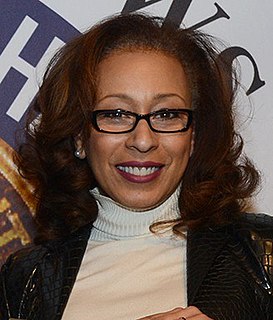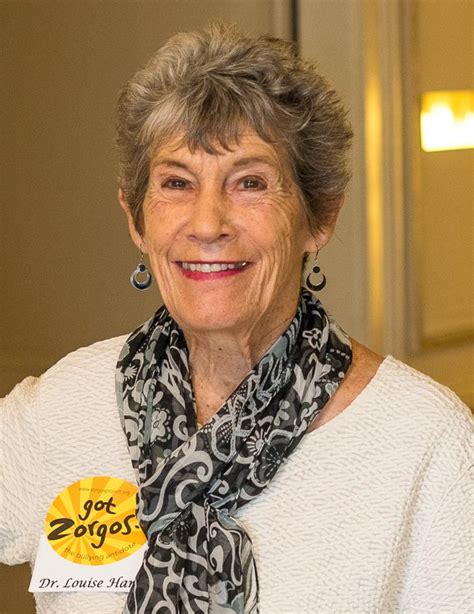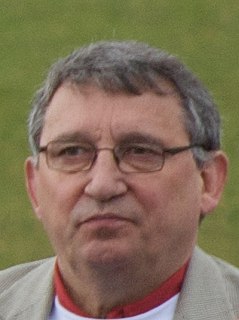A Quote by Daniel H. Wilson
Looking ahead, future generations may learn their social skills from robots in the first place. The cute yellow Keepon robot from Carnegie Mellon University has shown the ability to facilitate social interactions with autistic children. Morphy at the University of Washington happily teaches gestures to children by demonstration.
Quote Topics
Ability
Autistic
Autistic Children
Carnegie
Carnegie Mellon
Children
Cute
Demonstration
Facilitate
First
First Place
Future
Future Generation
Future Generations
Generations
Gestures
Happily
Interactions
Learn
Looking
Looking Ahead
May
Place
Robot
Robots
Shown
Skills
Social
Social Interaction
Social Skills
Teaches
University
Washington
Yellow
Related Quotes
I became a member of the faculty at Northwestern University in 1965 but did not complete my thesis until two years later at a graduate ceremony at which Carnegie Institute of Technology became Carnegie-Mellon University. At Northwestern, I was mentored by the 'three Bobs:' Robert Eisner, Robert Strotz and Robert Clower.
When I was in college at Carnegie Mellon, I wanted to be a chemist. So I became one. I worked in a laboratory and went to graduate school at the University of Pittsburgh. Then I taught science at a private girls' school. I had three children and waited until all three were in school before I started writing.
By looking at autistic kids, you can't tell when you're working with them who you're going to pull out, who is going to become verbal and who's not. And there seem to be certain kids who, as they learn more and more, they get less autistic acting, and they learn social skills enough so that they can turn out socially normal.
Before I had my first child, I never really looked forward in anticipation to the future. As I watched my son grow and learn, I began to imagine the world this generation of children would live in. I thought of the children they would have, and of their children. I felt connected to life both before my time and beyond it. Children are our link to future generations that we will never see.
Although adults have a role to play in teaching social skills to children, it is often best that they play it unobtrusively. In particular, adults must guard against embarrassing unskilled children by correcting them too publicly and against labeling children as shy in ways that may lead the children to see themselves in just that way.
Thinking of this University [Ambedkar University] today, we are reminded of Mahatma Gandhi because if there was anyone who fought for the weak in India, the first one to raise his voice for Scheduled Castes, that was Gandhiji. There were social workers before him but not any people who raised this matter in the political arena as he did.































